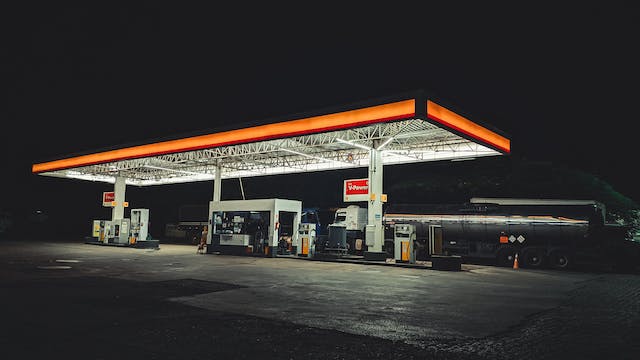Affordable fuel prices play a critical role in maintaining economic stability. Not only do they benefit individual drivers, but they also significantly impact the broader global economy.
Affordable energy costs facilitate smoother operations in various sectors, from boosting consumer spending to enhancing business efficiency. This is a primary reason why many governments strive to keep fuel prices within a reasonable range.
GlobalPetrolPrices.com, a website tracking global gasoline prices, reports that the average global price for gasoline stands at 1.30 U.S. Dollars per liter.
The pricing varies across countries: some sell gasoline above this average, while others are below it. However, these figures don’t always present the complete picture.
In countries with high gasoline prices, often the minimum wages are also high, compensating for the increased fuel costs.
As noted by GlobalPetrolPrices.com, there’s a significant disparity in fuel prices between countries.
Generally, wealthier nations tend to have higher fuel prices, whereas poorer nations and those exporting oil usually have lower prices.
This difference underlines the diverse economic landscapes across countries.
It’s evident that affordable fuel prices play a substantial role in stabilizing prices across various economic sectors. Numerous industries, from agriculture to manufacturing, depend on energy.
Therefore, high fuel prices can escalate operational costs, while lower energy costs can reduce them.
To illustrate this point, here’s a list of the 10 African countries with the lowest fuel prices at the start of 2024, as reported by GlobalPetrolPrices.com. This list is updated as of January 1, 2024.
The Top Oil Producing Countries in Africa 2023





